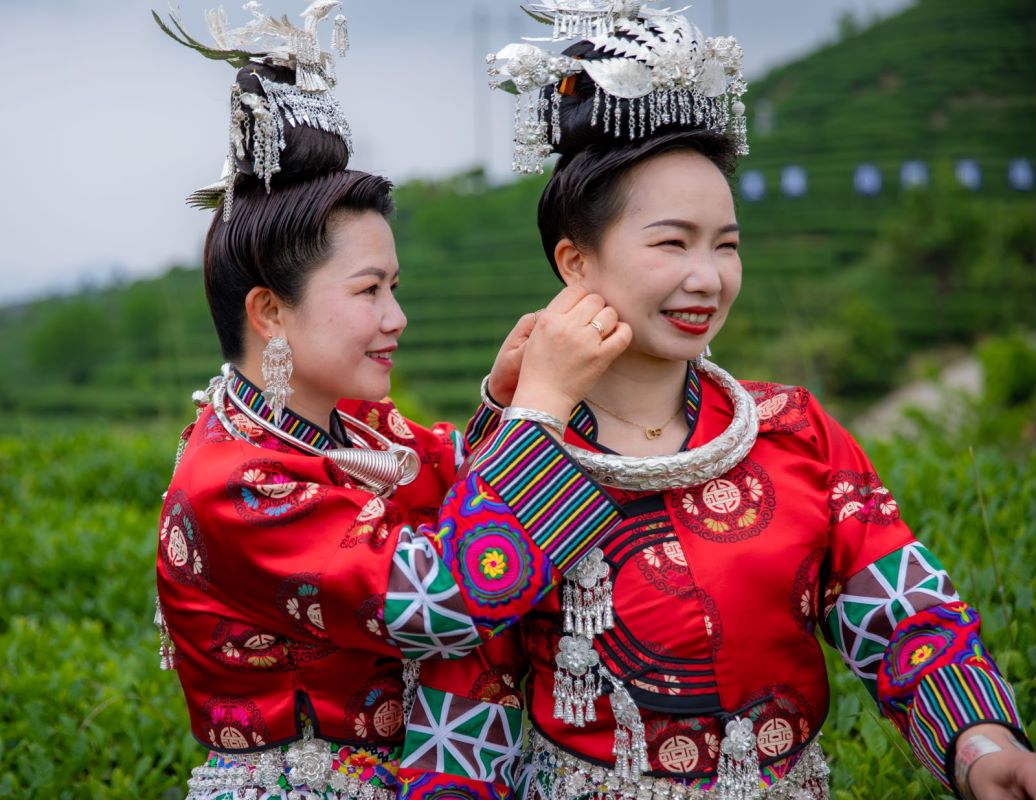 ‘Mama’s Tea Garden’ Empowers Working Mothers in China’s Danzhai
‘Mama’s Tea Garden’ Empowers Working Mothers in China’s Danzhai(Yicai)May 6 -- ‘Mama’s Tea Garden’, set up by a philanthropist from Beijing, has breathed new life into impoverished communities in Danzhai county in southeastern Guizhou province, allowing mothers to find gainful employment near where they live and stay close to their children.
Mama’s Tea Garden is the brainchild of Liu Dianxing, the founder of Beijing Shanshui Heritage Tea. He started to lease abandoned tea plantations in Danzhai, a mountainous region home to over 100,000 people, in 2017. He sought not only to improve soil quality and produce tea, but also to provide employment opportunities for mothers who would otherwise have to leave home to find work.
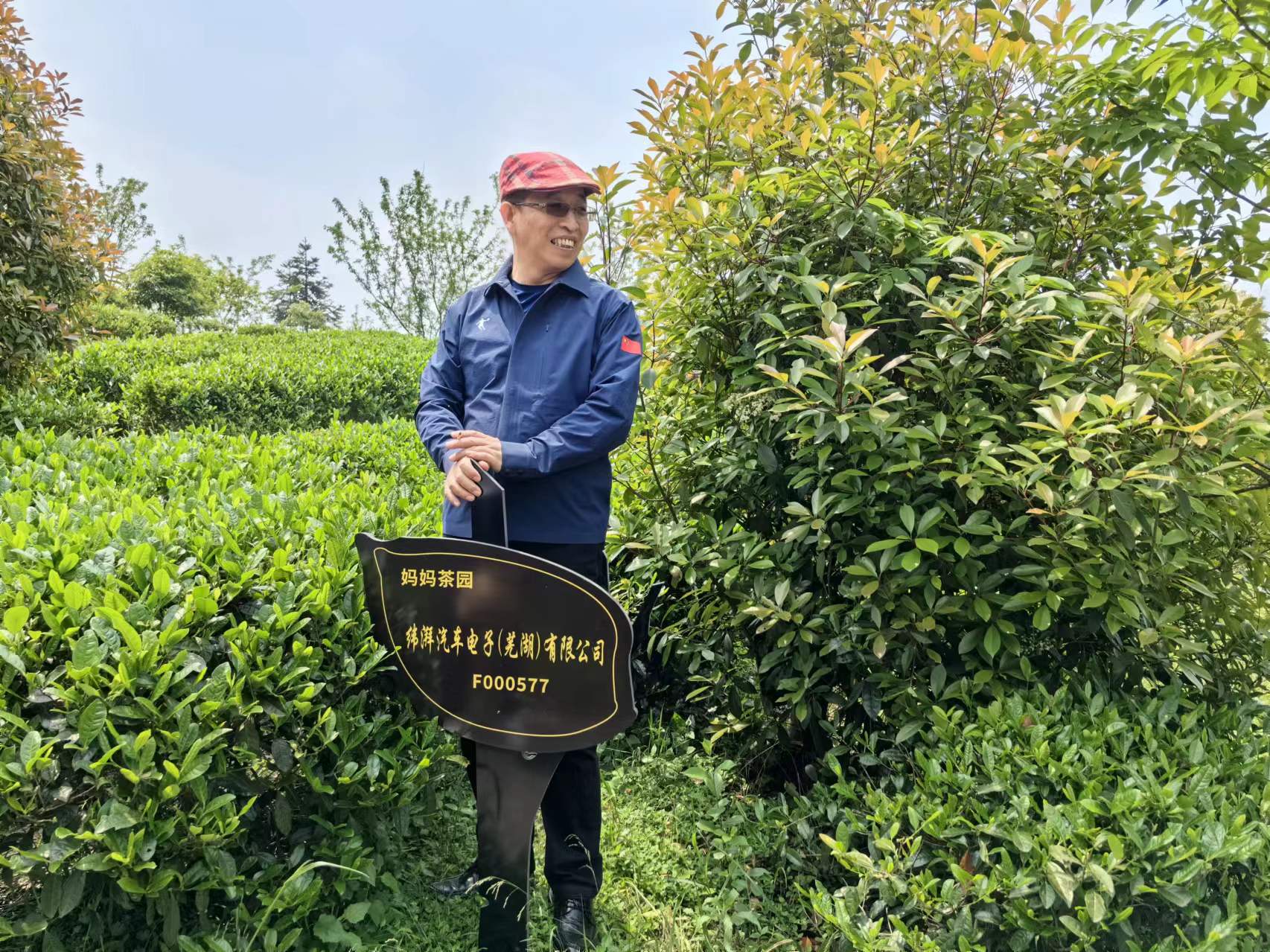
The tea plantation now covers around 197 acres and it employs over 1,100 people during peak season, said Liu, who is affectionately dubbed the "Garden Master" by locals. Local farmers can earn over CNY100 (USD14) a day, and skilled tea-picking ladies can earn between CNY200 and CNY300 a day, he added.
“Thanks to Mama’s Tea Garden, I don’t have to seek work in distant coastal cities like some of my friends,” said Long Meili, who is a team leader at the plantation and mother to a ten-year-old girl and three-year-old boy. The generous income from the tea garden has enabled her to remain close to her children.
Many other mothers in the community are grateful for the jobs brought by the plantation, Long told Yicai as she deftly weighed tea and calculated the wages for the tea pickers.
Transformative Effect
Despite over two decades of philanthropic work, Liu encountered many challenges when transitioning from Beijing to Guizhou, including language barriers and unfamiliar customs. Undeterred, he began by acquiring a list of impoverished individuals from the local Poverty Alleviation Office and visited each household to gain a better insight into their needs and circumstances.
Liu’s team picked out one or two farmers who were willing to work hard, and promised that if they could save enough money, the tea garden would help them buy cars at the end of the year. When the cars were delivered, festooned with red flowers and to the sound of beating drums and gongs, the entire village was in awe. It mobilized not only others in the village but also those in neighboring communities.
"Before, female workers would typically earn CNY80 (USD11) per day, while the men would earn CNY90,” Liu said. “We have hiked wages to CNY90 or CNY100 per day and both women and men are paid the same.”
The tea plantation also offers training in tea picking, processing, packaging, and other areas, to improve farmers' skillsets and elevate the quality of the tea.
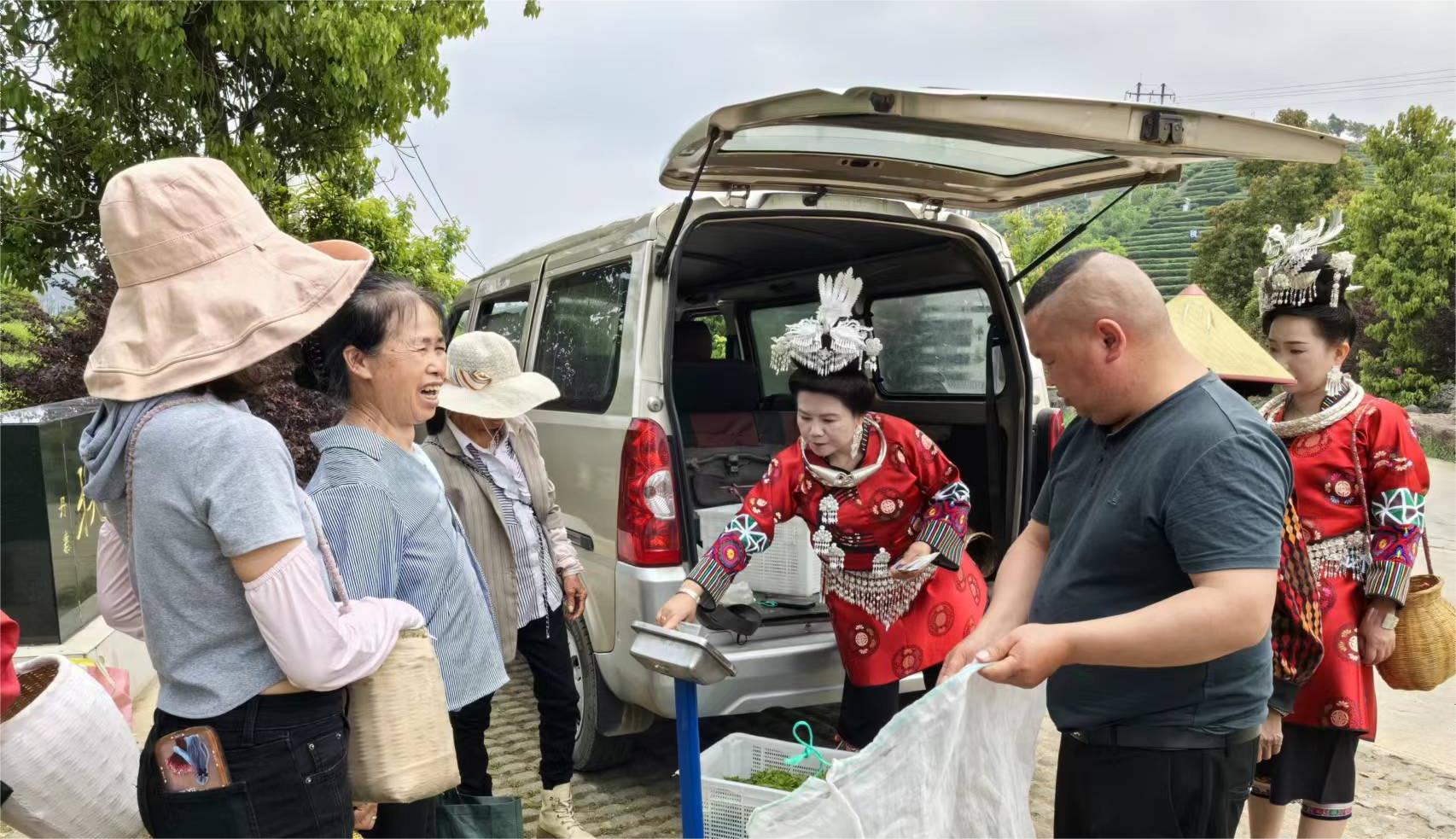
Liu has introduced a “subscription” approach to sales. "For CNY4,900 (USD680), subscribers can claim the tea produced from one mu of land, equivalent to 0.16 acre, each year which is around 10 kilograms of tea. They can also claim one ridge for CNY490 per year. It is very affordable.”
The tea sells at around CNY780 (USD108) per catty, equivalent to 600 grams, nearly three times the subscription price. The initiative has attracted interest from tea merchants sourcing loose tea to package and sell.
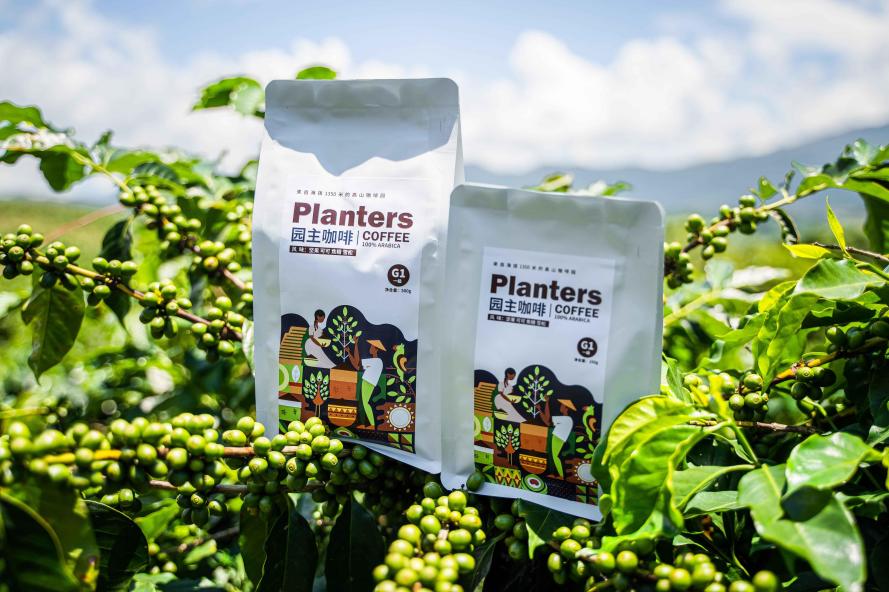
Big Success
As the Mama Tea Garden project took off, more charitable organizations and individuals began to take an interest. By 2019, the size of the plantation had expanded by hundreds of acres.
Internet giants such as Tencent Holdings, Baidu and NetEase, as well as some foreign firms like Vitesco Technologies are also participants in the endeavor. Each year, Liu invites these companies to partake in tea-picking activities, alongside the farmers. This has evolved into a study and experiential tour for businesses and students, providing farmers with additional income opportunities while at the same time fostering educational exchange.
Liu’s commitment to the community extends beyond the tea plantation. He has donated winter quilts worth CNY183,000 (USD25,000) to four schools in Paidiao town and is supporting numerous students financially.
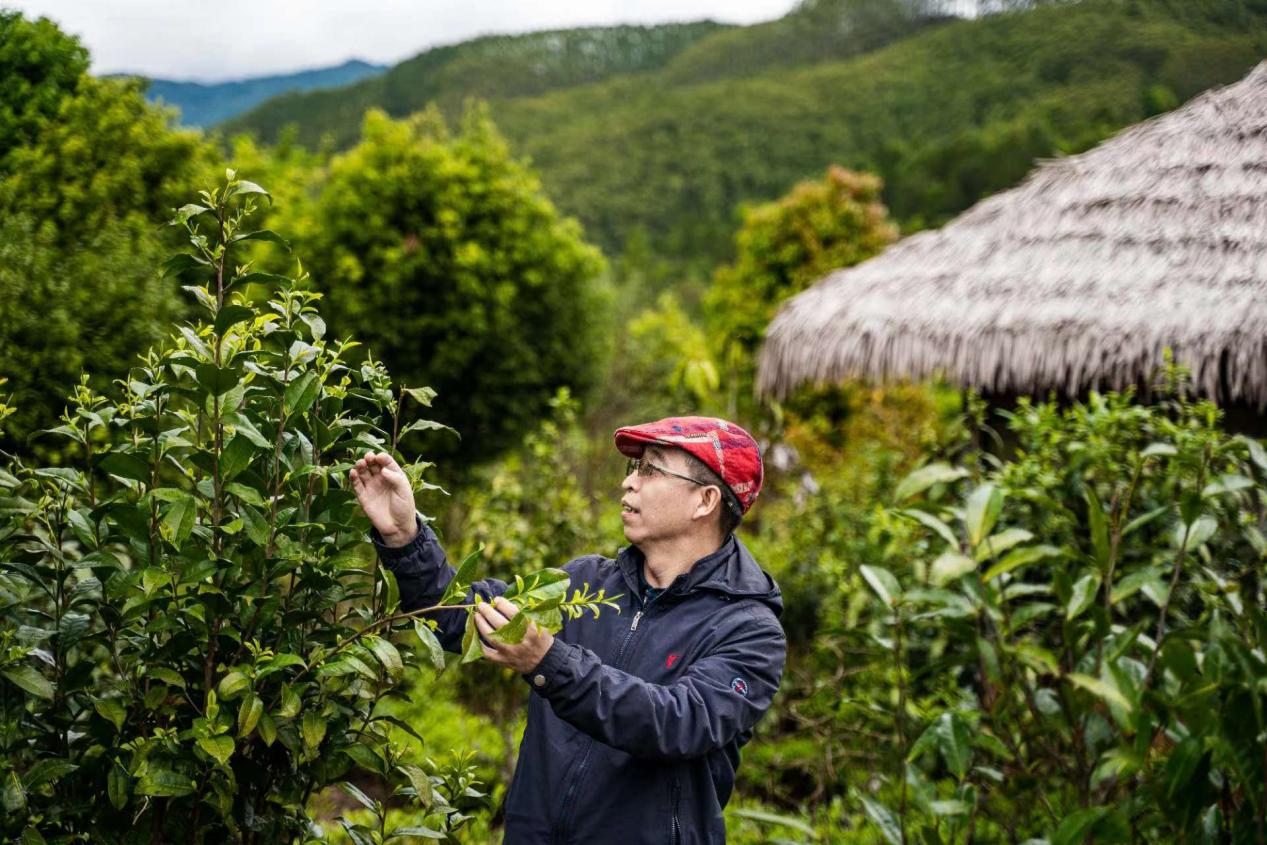
His efforts have boosted the local tea industry, resulting in significant economic growth. "Tea factories and tea companies in the area pay around CNY3 million (USD415,000) in taxes a year," Liu said.
Women living near Mama’s Tea Garden have found stable employment, a tangible form of assistance which has enriched their family lives.
Liu is now expanding his philanthropic endeavors to other parts of the country. He has replicated the tea plantation project in Lancang county, southwestern Yunnan Province and also introduced a coffee garden. Liu is working with local farmers to enhance soil quality, boost coffee production and increase farmers' incomes. He has also set up a coffee culture zone to attract tourists, further bolstering the local economy.
Worldwide Recognition
Liu's charity model has garnered worldwide recognition and has been featured on many global platforms, including Japan’s NHK television, Italy’s state broadcaster and United Nations agencies, showcasing China's philanthropic efforts to the world.
Liu said that he hopes his charity model can help more people. "Our model can be replicated,” he said. “As long as we adapt to local conditions, we can achieve success. I hope that through this platform, more people will participate in rural revitalization and agricultural development."
Peng Mingyue and Long Meili are not their real names.
Editor: Kim Taylor